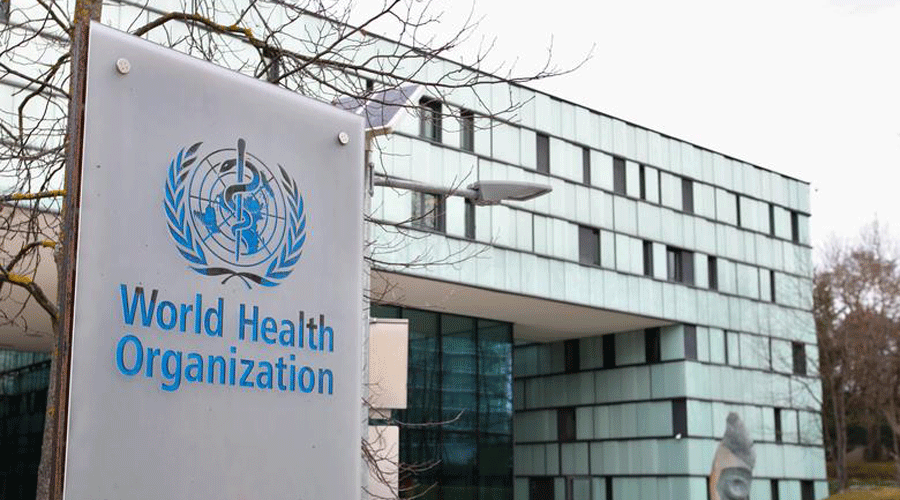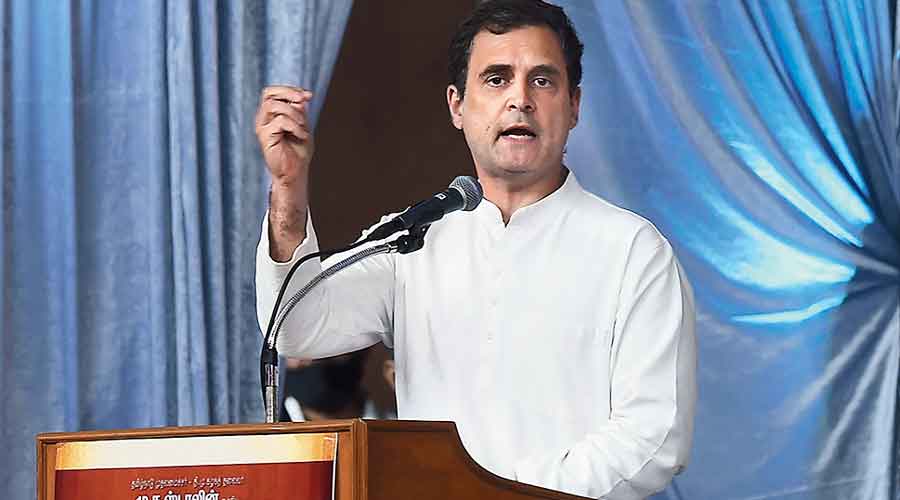India has sent six letters articulating its concerns about the methodology the World Health Organisation has adopted to estimate the country’s Covid-19 death toll as at least 4 million, or more than seven times the official count of 521,000.
Apart from the six letters, India has expressed its concern through five virtual meetings since November 2021, the Union health ministry has said, responding to a New York Times report saying India has tried to stall the WHO’s effort to make its estimate public.
The WHO had planned to make public the estimates of excess deaths arising from Covid-19 in India as well as other countries in January but the release “has been delayed for months because of objections from India”, The NYT reported on Saturday.
The health ministry, in a media release issued late on Saturday night, has for the first time detailed its reasons for those objections, saying its “basic objection has not been with the result… but rather the methodology adopted”.
Experts say the WHO estimate of 4 million Covid-19 deaths in India — as The NYT reported — is consistent with multiple research studies since July 2021 that have all estimated death counts higher than 3 million in India.
The health ministry has questioned the methodology of each study, describing the findings as “flawed”, “speculative”, “fallacious”, and based on unproven assumptions. It has asserted that India has a robust mechanism for reporting deaths.
Sections of public health experts in India believe that the convergence of various estimates and the ground events during the peak of the second Covid-19 wave during April-May 2021 should make it obvious that the country’s actual Covid-19 death toll is higher than official figures.
“Many in public health circles know this — the true death toll is higher. But when you hide something once, you have to hide it again and again,” said an infectious disease epidemiologist who requested not to be named because of the fear of reprisals. “Hence the objections to the WHO methodology too.”
The health ministry said India’s concerns about the WHO methodology relate to how the statistical model used project estimates for a country of the geographical size and population of India while also fitting in with other countries that had much smaller populations.
“Such a one-size-fits-all approach and models which are true for smaller countries like Tunisia may not be applicable to India,” the ministry said, while also citing concerns about the validity and accuracy of a modelling exercise that it said had used unverified data from 18 Indian states.
The model assumes an inverse relationship between monthly temperature and average deaths, which does not have any scientific backing, the ministry said.
Given the varying weather patterns even within the states, estimating national-level mortality data based on 18 states is “statistically unproven”, it said.
The ministry has expressed concern that to calculate the age-sex distribution for India, the WHO determined standard patterns with reported data from 61 countries and generalised them for other countries, including India.
“Based on this approach, India’s age-sex distribution of predicted deaths was extrapolated based on the age-sex distribution of deaths reported by Costa Rica, Israel, Paraguay and Tunisia,” the ministry said.
“India believes that in-depth clarity on the methodology and clear proof of its validity are crucial for policy makers to feel confident about any use of such data.”











